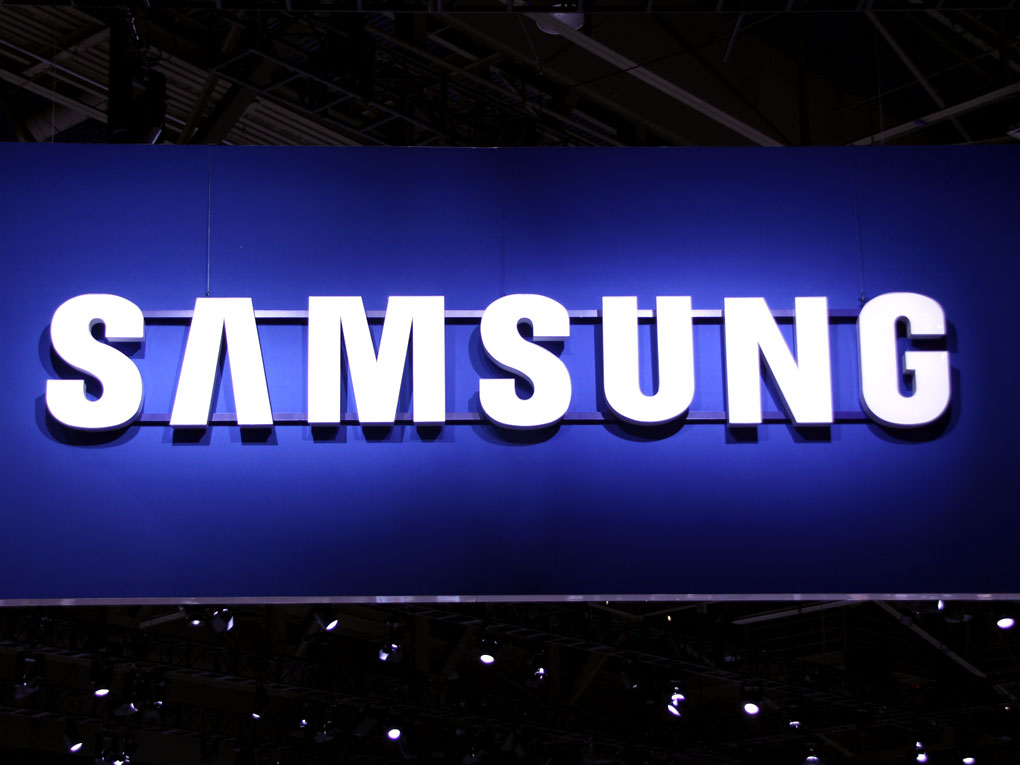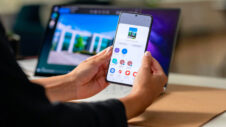Motorola has a very long history in making phones, right from developing the first mobile phone to the latest proposed modular phones. This rich history has earned Motorola a lot of brand value over the years and catapulted it to iconic status. However, the glory didn’t last long, as just like many other manufacturers dealt with the iPhone blow, Motorola lost considerable amount of business to the point of being sold to Google. With this acquisition, Google has pulled Motorola out of the financial woes, and has provided Motorola with another golden chance to reclaim the lost glory in the mobile phone market. But, with Samsung’s unprecedented dominance in the mobile industry, the task at hand for Motorola is not so easy even if it is under the safe wings of Google. Can Motorola really deliver a blow to Samsung in 2014? The answer cannot be just a Yes or No for sure.
There are various theories surrounding the business reason or necessity for Google to acquire Motorola. While the most obvious reason appears to the acquisition of Motorola’s stockpile of patents, which will help Android and Google face the onslaught of patent battles in the courtrooms, there seems to be more than that when one looks at the direction of Motorola in the past few months. The nature of Android OS gives Google little control over the end user experience as the smartphone manufacturers adopting Android can and usually tweak their hardware and software to suit their tastes and requirements. This simply translates to less bargaining power for Google with the various smartphone manufacturers – something which is widely evident from the fragmented nature of the Android ecosystem. It is here the acquisition of Motorola makes more sense as Google can indirectly force the manufacturers to adhere to the expectation of Google. By retaining the identity of the Motorola as an independent company, and assuring the other manufacturers that no favouritism will be shown towards Motorola, Google has safely placed Motorola in the market as just another Android manufacturer.
However, the impact of Motorola as a smartphone manufacturer is much more than what Google wants us to believe. It seems evident from the launch of Moto X and Moto G in 2013, that Google wants to use Motorola as a catalyst to bring about desirable changes to the Android ecosystem. With Moto X, there has been an indirect push by Google to prioritize experience over specifications and synergy over differentiation. With Moto G, Motorola (or indirectly Google) is defining the standards for low end Android smartphones – a market segment which has been plagued by pathetic products and experiences offered by the competitors. By bringing super quick updates to the Moto X, and developing software which will augment the functionalities of the Android OS instead of competing with it, Google through Motorola wants to set the direction for other manufacturers in approaching Android. With Moto G, Google through Motorola wants to prove a point or two that the Android experience in the low end segment need to be plagued by antique version of Android OS, pathetic hardware, and unacceptable user experience etc. If these phones or range of phones become successful, which in all probability they will, it will force other manufacturers to adopt a similar strategy to Motorola – an outcome which Google will gladly accept even if it comes at the loss of sales to Motorola. By playing in the market through Motorola, Google can increase its bargaining power in the Android ecosystem, not by hardcore control policies, but by building market demand for its approach.
This positioning of Motorola in the market will definitely impact all other Android smartphone manufacturers. Not surprisingly, Samsung who dominates the Android market will face intense heat more than others. Of course, Motorola is nowhere close to Samsung in terms of vertical integration or the broad range of products across categories offered in the market. This diversity of product portfolio and the extent of control over manufacturing will provide Samsung an enviable opportunity to build an entire ecosystem around its product. This will be extremely difficult for Motorola to replicate, at least in the foreseeable future. Even though Motorola is at a disadvantage when compared to Samsung to make a dent in the home automation, connected gadgets space etc, it does enjoy a probable advantage of being the hardware manufacturer for various futuristic product categories like Google Glass, Google Watch etc under development by Google. This should definitely help Motorola build a profitable brand in the near future even if not in 2014. Not to forget the moon shots like Project Ara by Motorola that can be disrupt the entire industry. If Motorola succeeds in Project Ara, an open hardware platform for modular phones, then it could radically and adversely impact all other smartphone manufacturers, including Samsung.
In spite of the bright long term prospects, Motorola’s impact on Samsung in 2014 will be greatly hampered by the limited reach of the manufacturer. Motorola, during the troubled times, has retracted from many major and emerging markets across the world, while Samsung, growing leaps and bounds at the same time, did exactly the opposite of penetrating into every major and emerging market across the world. Currently, Motorola has very little or no foot print in emerging markets like India, China etc where the smartphone market is expected to grow very rapidly in the next couple of years. This will definitely provide valuable time for Samsung to strengthen its product line up to effectively tackle Motorola if and when Motorola makes a full scale re-entry into these important markets. So, from a purely numbers perspective, Motorola shouldn’t be a big threat to Samsung in 2014 due to the scale and depth of Samsung’s market reach. Add to all this, the humungous advertising spend of Samsung, it appears as though 2014 will be another year of dominance for Samsung, although to a lesser degree than in 2013.
Even though it seems unlikely for Motorola to make a big dent into Samsung’s smartphone sales in 2014, it’s well set to pose a threat of different nature to Samsung – a threat which should worry Samsung more than the loss of sales. It’s the commercial and large scale reintroduction of Google’s flavour of Android to the mass market. The duel between Motorola and Samsung in 2014 simply translates into a fight between Google’s vision of Android and Samsung’s Android approach. How Google envisioned Android is different from the current implementation by various manufacturers, including and mainly Samsung. While Google prefers a clean and minimal approach, Samsung went the other way by cramming every useful and questionable feature to differentiate its products. The strong intent to differentiate and the ambition to build its own ecosystem have made Samsung to build features and services, which actually competes with Google and Android instead of complementing them. The end result of this is the loss of synergy and experience that Google intends to achieve with Android. Now, with Motorola under its wings, Google can bring devices to the mass market just as it envisioned. This gives the customers a choice to vote for Google’s version and vision of Android – something which Samsung and other manufacturers denied them. This choice can definitely be detrimental to Samsung and other Android manufacturers in the long run. It prevents them from building their own competing ecosystems within Android ecosystem – a practice which might make perfect business sense, but usually ruins the entire end user experience of the Android ecosystem.
All things considered, things may not be bad for Samsung in 2014, but neither can they be extremely good. Being the largest phone manufacturer, Samsung has very little to conquer but a lot to retain. Motorola’s competence in fighting Samsung entirely depends on how aggressively Google wants to play with Motorola. Looking at the composition of Android eco system, it may be naive on Google’s part to play the favourite card with Motorola, but making it a catalyst for change to promote Google’s vision of Android is well within acceptable limits. If not anything else, Motorola should at least curb or delay Samsung’s ambition to abandon Android and create its own platform. Motorola and Google can definitely achieve this by sending a signal that Samsung’s departure won’t leave any vacuum in Android as Samsung wishes to be. Motorola will gladly fill up the space as it appears to be Google’s succession plan for Android if Samsung wishes to quit.
This article was written by our guest blogger, Naresh Nekkanti (you can follow him at @nekkantinaresh on Twitter), and will be part two of a multi-part series of articles analyzing Samsung’s challenges in 2014, and its stand among the competition.






